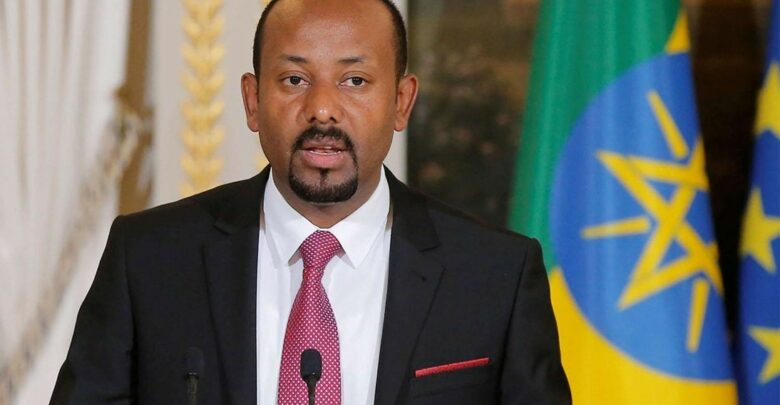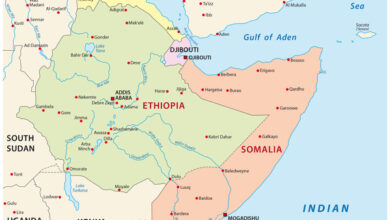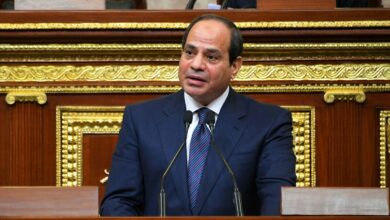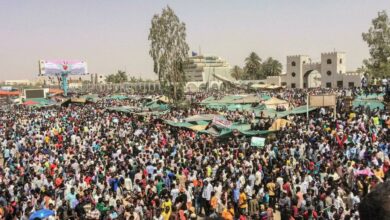World
Ethiopia Rejects Egypt’s Plan For Operating A $4 billion Hydropower Dam On The Nile

The Ethiopian government on Wednesday rejected a proposal by Egypt to operate a $4 billion hydropower dam which is being constructed on the Nile, reported Reuters.
During a press conference in Addis Ababa, Sileshi Bekele, the minister for water, irrigation and energy described Egypt’s call for the volume of water it wants the dam to release annually as inappropriate. Egypt currently depends on the Nile for more than 90 per cent of its water needs.
“The proposal from Egypt was unilaterally decided…(it) didn’t consider our previous agreements,” Bekele said. “We can’t agree with this…we will prepare our counter-proposal.”
The Grand Ethiopian Renaissance Dam (GERD) was first announced in 2011. The dam is designed to be the centerpiece of Ethiopia’s bid to become Africa’s biggest power exporter, generating more than 6,000 megawatts, more than double of Ethiopia’s current production of 4,000 megawatts. After construction delays, Ethiopia has said GERD will begin power production by the end of 2020 and be fully operational by 2022.
Notably, Egypt and Ethiopia disagree over the annual flow of water that should be guaranteed to Egypt and how to manage flows during droughts.
Egypt fears the dam could reduce its share of the river, while Ethiopia maintains that the dam will help its economic development. The Egypt government wants the GERD’s reservoir to release a higher volume of water than Ethiopia is willing to guarantee, among other disagreements.
“An Egyptian expert can’t control our dam,” Sileshi said.
The minister described the Egyptian plan as a potential violation of Ethiopia’s sovereignty. However, he did not disclose how much water Ethiopia wants to release, but Egypt wants the dam to release a minimum of 40 billion cubic meters of water from the GERD annually.
Ministers from Egypt, Ethiopia, and Sudan will hold an emergency meeting in Khartoum from September 30 to October 3 to discuss Egypt, Ethiopia, and Sudan’s proposals for the rules of filling and operation of the dam.






